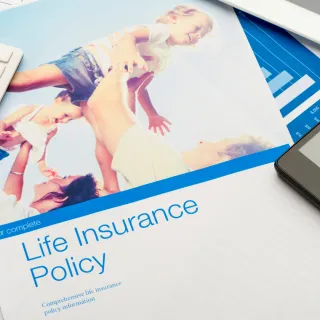
Melissa Brady Hemmert, Esq.
Florida Bar: 0242070
New Jersey Bar: 0165319971
Dr. Catherine Little-Hunt, Phd, Esq.
Florida Bar: 0238030
Ohio: 0068391
Meet Our Attorneys
At HLH, our attorneys bring experience, dedication, and compassion to every case. Get to know the legal minds who
are committed to fighting for your rights and delivering the justice you deserve.
Plan Today to Protect Tomorrow:
Wills & Estate Planning Made Simple
At HLH Law Group, we guide families through the essential steps of estate planning, including Last Wills and Testaments, Living Wills, Health Directives, Durable Powers of Attorney, and Revocable Trusts. Planning ahead ensures your loved ones are cared for and your wishes are honored. Our team is here to help you create a clear, legally sound plan that brings peace of mind.
Call us today at 239-232-5050 to schedule your free estate planning consultation.

Top Questions People Ask About Wills and Estate Planning
How Do I Know What Type of Estate Plan Is Right to Protect My Family?
This information provides a general overview of estate planning, but it’s no substitute for a detailed consultation with an HLH estate planning attorney. A revocable trust is often a key component of a comprehensive estate plan. Our attorneys assist with every step—from funding the trust and transferring assets to conducting regular annual reviews. While we guide you through the legal aspects, we also recommend discussing tax implications with a qualified tax professional. When properly structured, a revocable trust can help you achieve your family, financial, and tax goals with confidence.

Is Life Insurance a Substitute for a Will?
No, life insurance is not a substitute for a will. Life insurance is just one type of asset and is governed by the terms of the policy, including the named beneficiary or beneficiaries. If the policy is payable to a specific individual, the proceeds go directly to that person—regardless of what your will states. However, if the policy is payable to your estate, the funds will be distributed according to the terms of your will. While life insurance can be a valuable tool for covering expenses and taxes after death, it does not replace the need for a comprehensive estate plan. To avoid costly mistakes—such as incorrect ownership or beneficiary designations—it’s important to consult with an attorney, a life insurance professional, and a financial advisor.

Who Can Serve as Trustee or Successor Trustee?
You can name almost anyone as your trustee, including yourself, a trusted individual (like a family member or friend), or a corporate trustee such as a bank or trust company. Your choice is important and may have tax implications. Many people name a family member or friend as successor trustee to manage and distribute the trust after their death. Be sure to consider the person's qualifications, the potential for conflicts among beneficiaries, and the responsibility involved. The trust should also allow the trustee to hire professionals—such as attorneys, accountants, or financial advisors—for support.

Don’t wait—Call us to schedule your free consultation at 239.232.5050. Let’s talk about how we can help.
Your Personal Injury Legal Questions Answered
What Steps Should I Take Right After a Personal Injury Accident?
After an accident, get medical attention right away, document the scene with photos and witness details, and contact a personal injury attorney promptly to protect your rights and build your case.
What is the Deadline for Filing a Personal Injury Claim?
In Florida, you typically have two years from the date of the injury to file a personal injury claim. However, certain factors can affect this timeline, so it's best to speak with an attorney as soon as possible to ensure your rights are protected.
What types of damages can I recover in a personal injury case?
You may be entitled to recover medical expenses, lost wages, pain and suffering, emotional distress, property damage, and, in some cases, punitive damages. Every case is unique, so an attorney can help determine which damages apply to your situation.
Do I have to pay upfront for legal representation?
No, most personal injury attorneys—like us—work on a contingency fee basis, meaning you pay nothing upfront. We only get paid if we win your case or secure a settlement for you.
How long will it take to settle my personal injury case?
The timeline varies depending on the complexity of the case, the severity of your injuries, and whether a settlement is reached or a trial is necessary. Some cases settle in a few months, while others may take a year or more. Your attorney will work to resolve your case as efficiently and fairly as possible.
What happens if the insurance company offers me a settlement?
Don’t accept a settlement without speaking to an attorney first. Insurance companies often offer low amounts to close cases quickly. A personal injury attorney can review the offer, assess the true value of your claim, and negotiate to ensure you receive fair compensation.
Can I still file a claim if I was partially at fault for the accident?
Yes, under Florida’s comparative negligence law, you may still recover damages even if you were partially at fault—as long as you are not more than 50% responsible. Your compensation may be reduced based on your percentage of fault. An attorney can help determine how this applies to your case.

We provide dedicated legal representation for personal injury cases. Our experienced attorneys work tirelessly to ensure you receive the compensation you deserve. Contact us today for a free consultation. Your recovery is our priority.
Quick Links
© 2025 HLH Law Group, P.A. All rights reserved.
Privacy Policy | Terms and Conditions
Disclaimer: The information you obtain at this site is not, nor is it intended to be, legal advice. You should consult an attorney for advice regarding your individual situation, considering the laws vary in different states and jurisdictions. We invite you to contact us and welcome your calls, letters, and electronic mail. Contacting us does not create an attorney-client relationship. Please do not send any confidential information to us until such time as an attorney-client relationship has been established. To the extent this message contains tax advice, the U.S. Treasury Department requires us to inform you that any advice in this letter is not intended or written by our firm to be used and cannot be used by any taxpayer for the purpose of avoiding any penalties that may be imposed under the Internal Revenue Code. Advice from our firm relating to federal tax matters may not be used in promoting, marketing, or recommending any entity, investment plan, or arrangement to any taxpayer.
We want to ensure that our website and services are accessible to all of our potential customers. HLH Law Group continuously makes modifications to increase the accessibility and usability of this website, using the Web Content Accessibility Guidelines (WCAG) published by the Web Accessibility Initiative (WAI) of the World Wide Web Consortium (W3C), the main international standards organization for the Internet. Accessibility and usability are not always possible in every area of the website or for those visitors using assistive technologies and devices. Please be advised that our efforts are ongoing, and we continue to improve our designs based upon your feedback. If you have found an inaccessible area on the site, please be sure to specify the web page and provide us with any other information you may think will help us locate the area.

